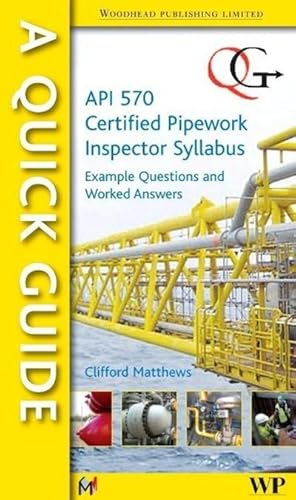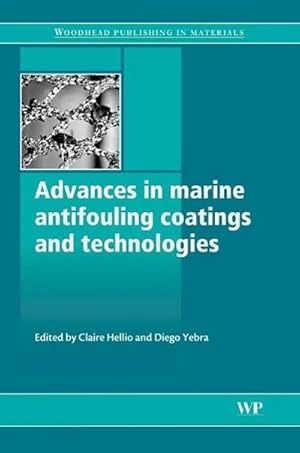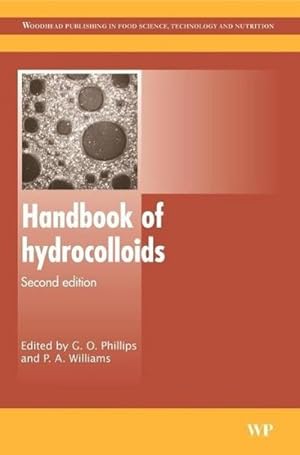woodhead pub mai 2009 (3 résultats)
Type d'article
- Tous les types d'articles
- Livres (3)
- Magazines & Périodiques
- Bandes dessinées
- Partitions de musique
- Art, Affiches et Gravures
- Photographies
- Cartes
-
Manuscrits &
Papiers anciens
Etat
- Tous
- Neuf
- Ancien ou d'occasion
Reliure
Particularités
- Edition originale
- Signé
- Jaquette
- Avec images
- Sans impression à la demande
Pays
Evaluation du vendeur
-
A Quick Guide to API 570 Certified Pipework Inspector Syllabus: Example Questions and Worked Answers
Edité par WOODHEAD PUB Mai 2009, 2009
ISBN 10 : 1845695690ISBN 13 : 9781845695699
Vendeur : BuchWeltWeit Ludwig Meier e.K., Bergisch Gladbach, Allemagne
Livre impression à la demande
Taschenbuch. Etat : Neu. This item is printed on demand - it takes 3-4 days longer - Neuware -The API Individual Certification Programs (ICPs) are well established worldwide in the oil, gas, and petroleum industries. This Quick Guide is unique in providing simple, accessible and well-structured guidance for anyone studying the API 570 Certified Pipework Inspector syllabus by:Summarising and helping them through the syllabusProviding multiple example questions and worked answersTechnical standards covered include the full API 'body of knowledge' for the examination, i.e. API570 Piping inspection code; API RP 571 Damage mechanisms affecting fixed equipment in the refining industry; API RP 574 Inspection practices for piping system components; API RP 577 Welding and metallurgy; API RP 578 Material verification program for new and existing alloy piping systems; ASME V Non-destructive examination; ASME IX Welding qualifications; ASME B16.5 Pipe flanges and flanged fittings; and ASME B 31.3 Process piping. 232 pp. Englisch.
-
Advances in Marine Antifouling Coatings and Technologies
Edité par WOODHEAD PUB Mai 2009, 2009
ISBN 10 : 1845693868ISBN 13 : 9781845693862
Vendeur : BuchWeltWeit Ludwig Meier e.K., Bergisch Gladbach, Allemagne
Livre impression à la demande
Buch. Etat : Neu. This item is printed on demand - it takes 3-4 days longer - Neuware -Marine biofouling can be defined as the undesirable accumulation of microorganisms, algae and animals on structures submerged in seawater. From the dawn of navigation, marine biofouling has been a major problem for shipping in such areas as reduced speed, higher fuel consumption and increased corrosion. It also affects industries using off-shore structures such as oil and gas production and aquaculture. Growing concerns about the environmental impact of antifouling coatings has led to major new research to develop more environmentally-friendly alternatives. Advances in marine antifouling coatings and technologies summaries this wealth of research and its practical implications.This book is divided into four sub-sections which discuss: marine fouling organisms and their impact, testing and development of antifouling coatings, developments in chemically-active marine antifouling technologies, and new surface approaches to the control of marine biofouling. It provides an authoritative overview of the recent advances in understanding the biology of fouling organisms, the latest developments on antifouling screening techniques both in the field and in the laboratory, research on safer active compounds and the progress on nontoxic coatings with tailor-made surface properties.With its distinguished editors and international team of contributors, Advances in marine antifouling coatings and technologies is a standard reference for manufacturers of marine antifouling solutions, the shipping industry, oil and gas producers, aquaculture and other industries using offshore structures, and academics researching this important area. 784 pp. Englisch.
-
Handbook of Hydrocolloids
Edité par WOODHEAD PUB Mai 2009, 2009
ISBN 10 : 1845694147ISBN 13 : 9781845694142
Vendeur : BuchWeltWeit Ludwig Meier e.K., Bergisch Gladbach, Allemagne
Livre impression à la demande
Buch. Etat : Neu. This item is printed on demand - it takes 3-4 days longer - Neuware -Hydrocolloids are among the most widely used ingredients in the food industry. They function as thickening and gelling agents, texturizers, stabilisers and emulsifiers and in addition have application in areas such as edible coatings and flavour release. Products reformulated for fat reduction are particularly dependent on hydrocolloids for satisfactory sensory quality. They now also find increasing applications in the health area as dietary fibre of low calorific value. The first edition of Handbook of Hydrocolloids provided professionals in the food industry with relevant practical information about the range of hydrocolloid ingredients readily and at the same time authoritatively. It was exceptionally well received and has subsequently been used as the substantive reference on these food ingredients. Extensively revised and expanded and containing eight new chapters, this major new edition strengthens that reputation. Edited by two leading international authorities in the field, the second edition reviews over twenty-five hydrocolloids, covering structure and properties, processing, functionality, applications and regulatory status. Since there is now greater emphasis on the protein hydrocolloids, new chapters on vegetable proteins and egg protein have been added. Coverage of microbial polysaccharides has also been increased and the developing role of the exudate gums recognised, with a new chapter on Gum Ghatti. Protein-polysaccharide complexes are finding increased application in food products and a new chapter on this topic as been added. Two additional chapters reviewing the role of hydrocolloids in emulsification and their role as dietary fibre and subsequent health benefits are also included. The second edition of Handbook of hydrocolloids is an essential reference for post-graduate students, research scientists and food manufacturers. 948 pp. Englisch.




